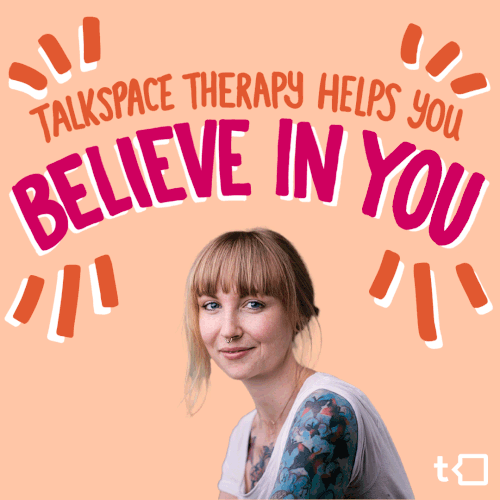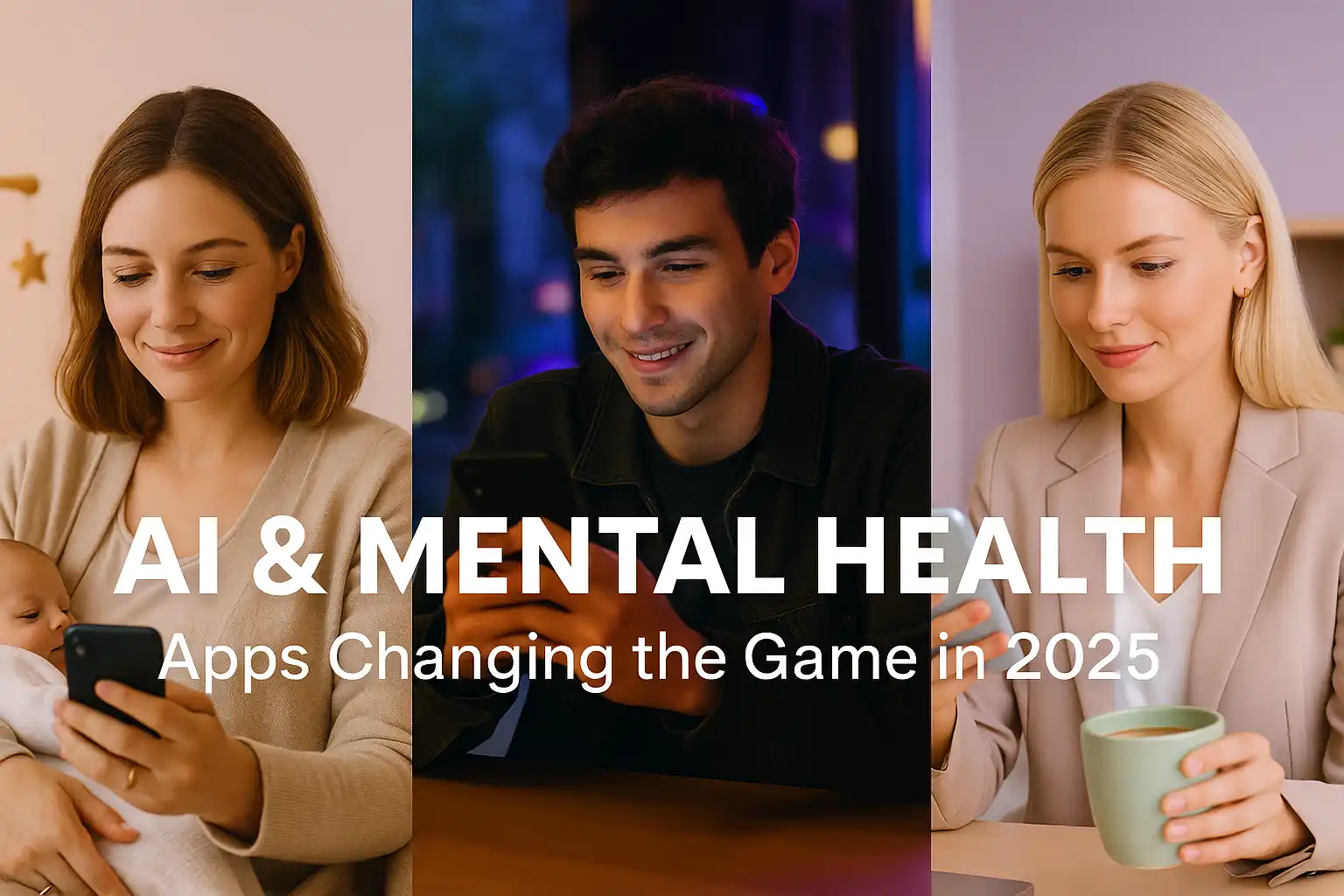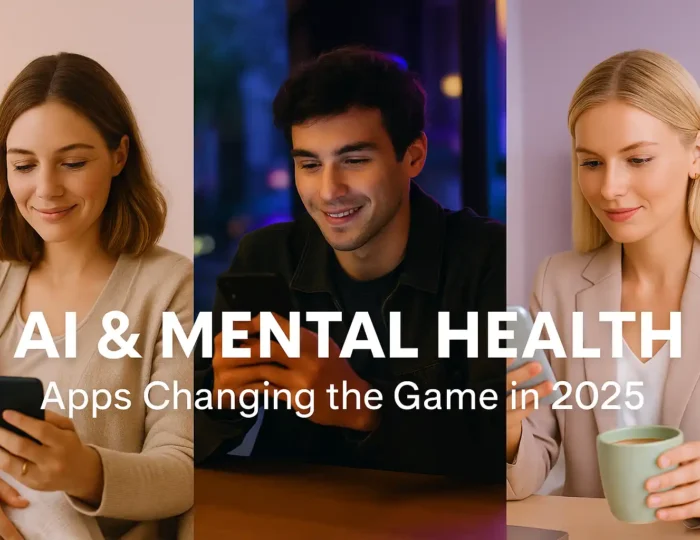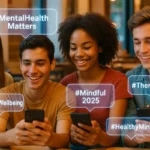Here are three AI-powered apps redefining digital mental health in 2025 — each built to meet a different emotional need.
Mental health apps are everywhere these days — but 2025 has already brought some fresh, exciting ones worth checking out. Whether you’re looking for support during tough times, a way to manage stress, or just a little daily boost, the right app can make a big difference.
Here are the three newest apps in 2025 that young people are talking about
1.
Mavida Health – Mental Wellness for Pregnancy & Beyond
This one’s designed for people who are planning a pregnancy, already expecting, or navigating postpartum life.
- What it does: Tracks symptoms, offers therapy sessions, and gives access to medical + emotional support.
- Why it’s cool: Instead of being a generic wellness app, it’s super focused on a stage of life that often gets overlooked in mental health.
- Best for: New or soon-to-be parents who want extra support and a safe space to track feelings.
Even if this isn’t for you personally, it’s an important reminder that mental health isn’t “one size fits all.” Specialized apps like this show how far digital health has come.
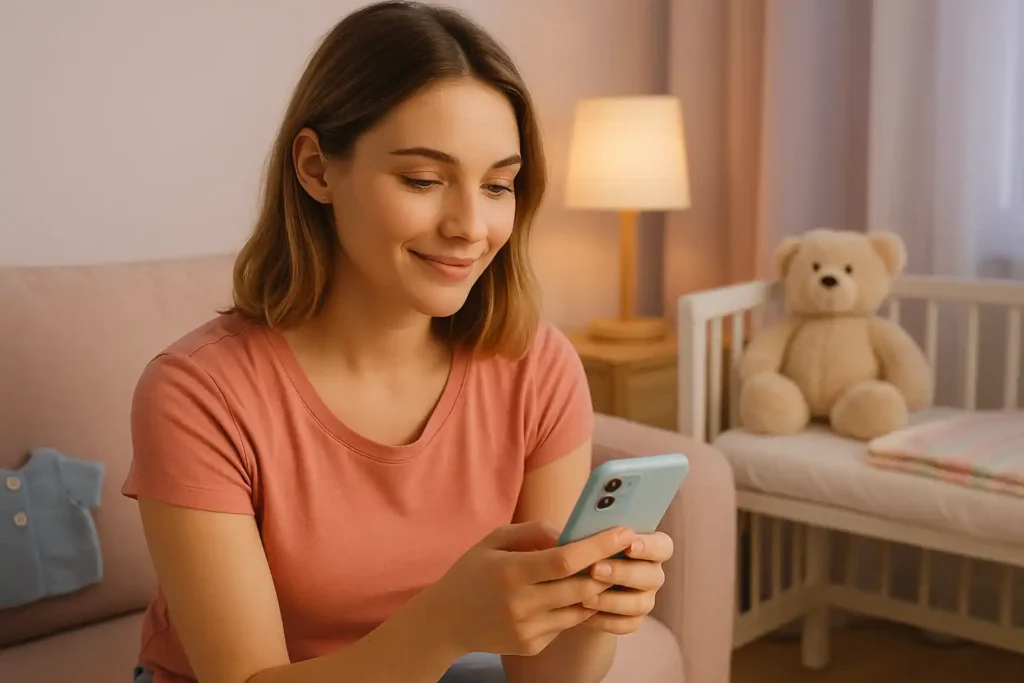
2.
Soula Care – Stress & Emotional Support for Women and Mothers
Soula Care blends science-based wellness with AI guidance to help women manage stress, anxiety, and emotional ups and downs.
Whether you’re juggling work, studies, or early motherhood, Soula adapts to your day and gives gentle, personalized nudges toward calm balance.
- What it does: Offers daily emotional check-ins, mood tracking, and AI-driven suggestions to ease stress and build mindfulness.
- Why it’s cool: It feels like a supportive companion that listens and guides — not a chatbot that diagnoses.
- Best for: Women seeking practical, daily mental-wellness support — from busy routines to pregnancy and postpartum transitions.
Remember: Soula isn’t a substitute for therapy; it’s a friendly tool that helps you notice patterns and care for your mind every day.
Learn more about Soula Care and how it helps women manage stress →

3.
Meeno – Tackling Loneliness with AI Conversations
Feeling lonely? You’re not the only one. Gen Z reports higher levels of loneliness than any other age group — and that’s where Meeno comes in.
- What it does: Lets you talk to an AI that’s designed to help practice social skills, boost confidence, and give you someone to “chat” with when you’re feeling isolated.
- Why it’s cool: It goes beyond mood tracking or meditation and focuses on connection, which is something most mental health apps don’t cover.
- Best for: Young adults who want to improve their social confidence, or just need a safe space to talk things out without judgment.
Continue reading: “Feeling Lonely? Meet Meeno — The AI That Talks Back” →
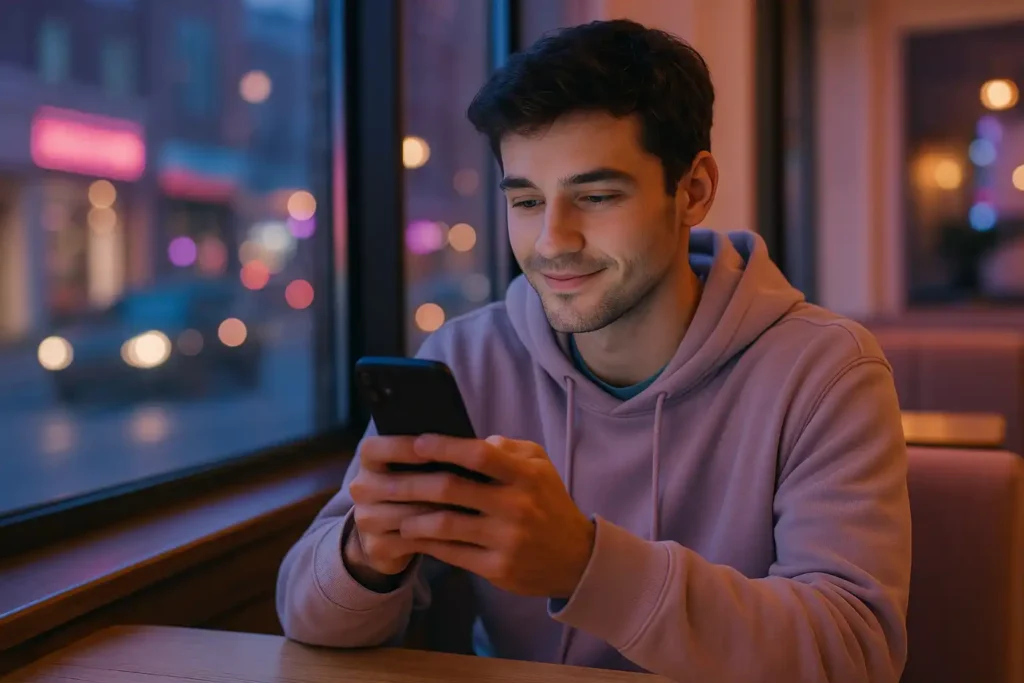
Final Thoughts
Mental health apps are becoming more personalized, creative, and AI-driven in 2025. Whether you’re navigating life changes, looking for daily support, or just curious about new tech, these apps are worth exploring.
But here’s the real talk:
“Apps are tools, not cures. They can help you track, reflect, and connect — but if you’re really struggling, reaching out to a professional is always the best move.”
Explore More From TextTherapy
- Soula Care — Stress Less, Live More
- Protecting Young Minds — Endless Scrolling
- Mavida Health — Mental Wellness for Pregnancy & Beyond
- ADHD Apps — What Works & What to Look For
- Online Personality Tests Are Everywhere — But This One Actually Means Something
Or learn the basics in our guide:
What Is Text Therapy?






